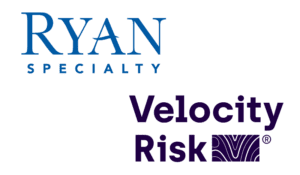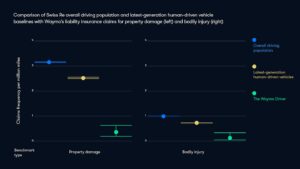Korean financial firms failing to meet climate goals

In the brief, SFOC reviewed 100 public and private financial institutions based in South Korea and found that 97 of them, including banks, asset managers, securities firms, and insurers, lacked sufficient policies to phase out coal. Out of the 70 firms that vowed to exit coal, 67 have restricted their investment or insurance bans to new coal-powered projects, which are already in decline globally.
“In spite of the call for OECD nations to end all coal use by 2030 to meet the world’s 1.5°C target, financial institutions in South Korea have not adopted tangible coal phase out policies,” said Sooyoun Han, researcher at SFOC. “In line with actions taken by Korea’s global counterparts, we need to see faster divestment from the entire coal-related industry, from mining to manufacturing.”
SFOC said that Samsung Fire & Marine Insurance was South Korea’s largest private coal financier in 2020. According to the insurer’s ESG office, it made an internal decision to divest from companies deriving over 30% of its revenue from coal power production and mining. Samsung F&M also said it will no longer insure coal-fired power plant construction and operation. This policy would apply to the coal plants currently being constructed by Samsung Group affiliates, such as Vung Ang 2 in Vietnam and Gangneung Anin in South Korea. However, the firm has not made its coal divestment policies publicly available, SFOC said.
Among 11 general insurers in South Korea, only Meritz Fire & Marine Insurance has yet to issue a coal exit policy. The rest – Samsung F&M, KB, Hanwha, Hana, DB, Heungkuk F&M, Hyundai F&M, Lotte and Nonghyup P&C – have all pledged to exit coal, with eight saying they will no longer provide coverage for the construction and operation of new coal-fired power plants. Lotte has announced its decision to stop underwriting new coal projects without mentioning investment restrictions, while Nonghyup only has a policy to stop insurance for new coal plant construction.
In April, South Korean president Moon Jae-in pledged to end overseas coal financing. But, according to SFOC, the country still has a long way to go. During the last decade, the country provided around US$137 billion in international public finance for fossil fuels, ranking above China and the United States from 2018 to 2020.
“Divestment from coal is only the beginning,” Han said. “South Korea was absent from COP26’s landmark deal to stop overseas fossil fuel financing but financial institutions can set new global standards by creating comprehensive and ambitious plans to exit from fossil fuel.”






